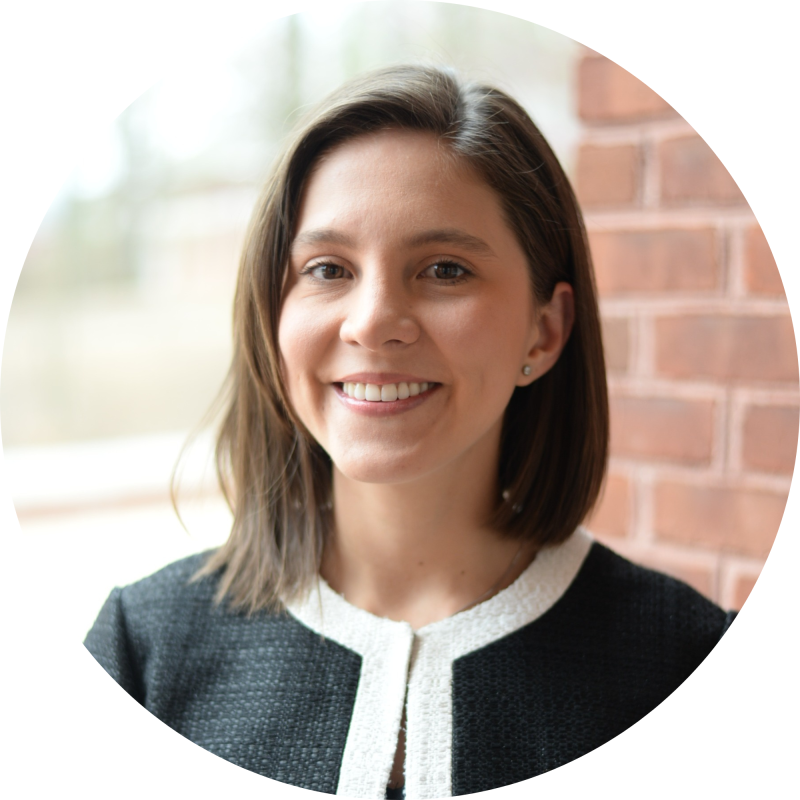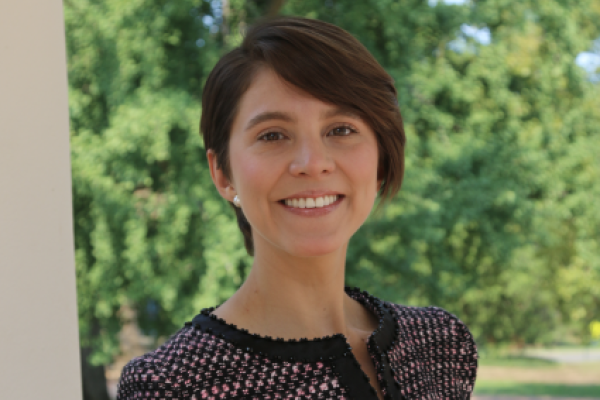Ph.D. Student Profile: Karolina Naranjo-Velasco
 Karolina Naranjo-Velasco
Karolina Naranjo-Velasco
Education
Ph.D. in Data Science Candidate, University of Virginia
M.S. in Data Science 2022, University of Virginia
LL.M. Concentration on Constitutional Law 2013, University of Seville (Spain)
LL.B. Bachelor of Laws 2010, Industrial University of Santander (Colombia)
Hometown
Bucaramanga, Colombia
Q: When and why did you become interested in Data Science?
I’m a numbers-for-justice-data-for-people kind of girl. While practicing law in South America, I witnessed first-hand how the lack of data analysis and statistical studies affected the development of anti-poverty policies, and therefore, the lives of those most vulnerable. Data science can be a tool for improving the lives of the poorest by predicting more accurate and secure models and improving government programs to combat social injustice.
Q: When choosing a doctoral program, why did you decide on UVA's Ph.D. in Data Science?
The intersection between law and data science is my passion. I seek to apply novel techniques to computational approaches. Two factors made UVA SDS an ideal home for my academic project. First, it is a brand-new school with a deliberate emphasis on interdisciplinary work. A new institution has more incentives to explore and innovate than an established one. And I wanted to join a community that is not afraid to try new ways of generating knowledge. Second, UVA School of Law’s longstanding record of excellence complements SDS’s strengths.
Q: What research do you hope to pursue?
I’m interested in analyzing how justice systems impact people’s lives – for instance, how judicial beliefs and attitudes hinder or promote social change. My goal is to contribute to identifying discrimination patterns and predicting the impacts of judicial changes on social and economic costs through algorithmic development.
Q: What has been your favorite class so far and why?
Professor Stewart’s Machine Learning I class has been a highlight. Learning about real-life applications of non-linear relationships between predictors and outcomes has given me confidence about my research topic. Also, the course makes me use the calculus lessons that I acquired studying from another Stewart! (James Stewart’s book)
Q: What would you say to someone considering a Ph.D. in Data Science?
To me, the key to success is careful planning, especially if you are a candidate with an interdisciplinary background. I would also suggest prospective students work hard on the required prerequisite courses and master programming (it will pay off later, believe me).
Q: What is a fun fact about yourself?
I sing to Britney Spears out loud when I am coding.
